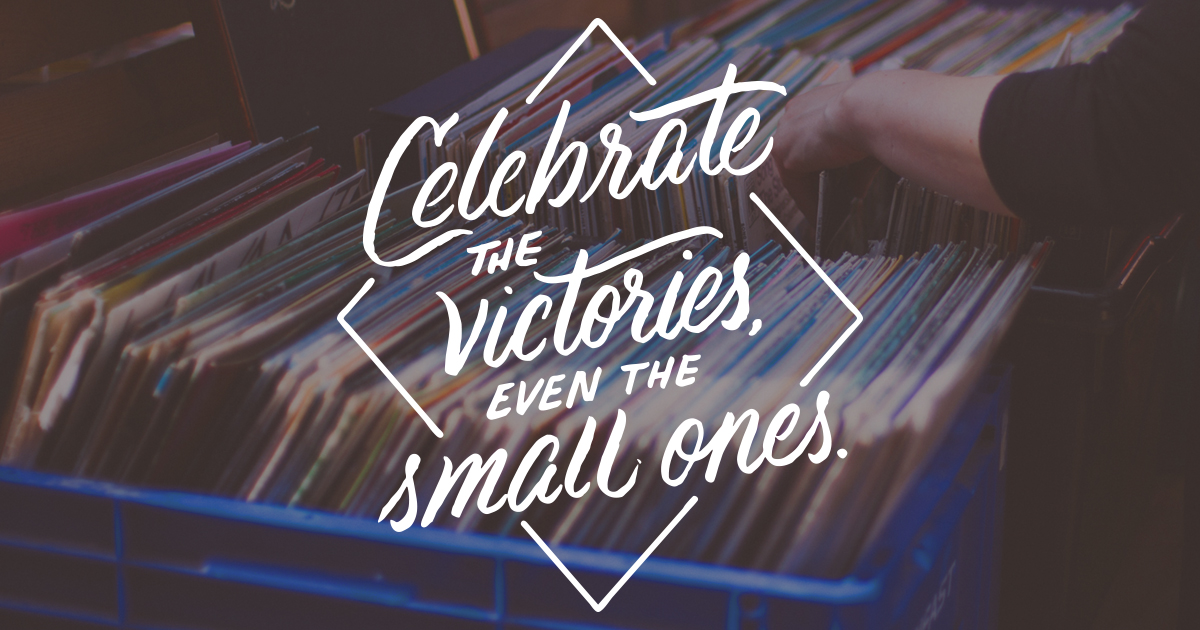Too often we hear from people who are worried that they can’t achieve their dreams or have a successful career because of their mental health issues. We hope our “Working It” interview series proves that it’s possible to do that and so much more.
You can read previous interviews here.
TWLOHA: For our readers who aren’t familiar with you or your work, can you tell us a little about who you are and what you do?
NORA: Hi everyone! I’m Nora Henick and I’m the Founder and Editor-in-Chief of La Femme Collective. La Femme Collective is a community created to support and celebrate the career development of women. We are a global online platform that aims to be an open, easily accessible space for story sharing and free flowing discussion. Our goal is to grant access to the real lives, mistakes, and lessons of #entrefemmeurs who are forging new paths, inspiring others to follow.

TWLOHA: How does mental illness affect your life and work?
NORA: I was diagnosed with generalized anxiety disorder and dysthymia when I was around 16, and at the time, it really impacted my daily life. I had little to no interest in leaving my house, and when I did I oftentimes would find ways to nap wherever I was, instead of socializing. I had some really amazing friends (who are still in my life today) who really helped me get through the beginning, which was definitely the hardest part. I didn’t really know why I felt so awful; a lot of people just chalked it up to teenage hormones. Talking with them helped me realize what was going on, and having them as support (I’m so freaking lucky) encouraged me to talk to my parents and get help. Flash forward to now and I’m 25 years old, I’ve been in and out of therapy, and I’ve been pretty regularly medicated since high school.
My mental health ebbs and flows. I have days where it doesn’t change anything about me or my routine. But I also have days where I can’t move. I was visiting my family in November and I actually had to change my flight back to LA three times because I had just started a new medication and it wasn’t working. I was waking up every morning crying. I didn’t know how to feel okay yet feeling okay was all I wanted to do. I set aside some time and I called my boss to explain the situation. Truth be told, I’m very lucky I have not only understanding family and friends, but also an understanding boss. She was able to work with me so that I could be home to work with the doctors I was comfortable with. But it really is terrifying to have to worry that if you take care of your mental health, you might be penalized at work. I wish I could snap my fingers and immediately bring about a solution for mental health in the workplace. But the reality of it is that there really are so many levels to it—you want your employees to be happy and healthy (hopefully), but work still needs to get done. So does the problem lie in the external factors? The fact that we don’t provide people with proper health care in the United States? The fact that we’ve become such a capitalist society we place more pressure on producing work than we do on taking care of ourselves? And then to tie it back into the workplace: Do we not encourage our employees to take mental health days the same way we encourage them to stay home if they’re sick? There are so many holes in the system.
TWLOHA: You often speak candidly about your struggles with mental illness. Have you ever felt wary when sharing your struggles? If so, what pushed you to do so anyway?
NORA: I’m an extroverted introvert. I’ll talk about things and then immediately think, “What on earth have I just done?” So yes, I feel wary almost every single time I’m talking about my mental health online. However, I truly believe that the more people talk about mental health, the more the stigma will fall away. Will talking about it be the only thing that gets it done? No. But it definitely helps. And if I can do anything to help people feel less alone and more supported, I will do it.
TWLOHA: What would you tell someone who doesn’t think they can manage their own schedule or support themselves while dealing with mental illness?
NORA: Celebrate the victories, even the small ones. If that victory is brushing your teeth when you actually thought you couldn’t get out of bed, freaking celebrate that. That’s a win in my book (and probably your dentist’s book, too).

TWLOHA: Is there anything you wish someone would have told you when you were struggling? Or something you’d like to share with our readers who are struggling right now?
NORA: You’re not alone. Unfortunately, you may not find comfort in your family or close friends. But that doesn’t mean you have to go through this by yourself. There are unbelievable resources out there, online communities, free hotlines. To Write Love on Her Arms was one of the first places I turned to when I was younger and felt alone (thank you Warped Tour and Bamboozle for showing me the way).
TWLOHA: We often hear from people who are afraid of getting on medication because they believe it will hinder their creativity. Have you found that taking medication helps or hinders your work?
NORA: I find that it helps my work—because if I wasn’t on my medication, I wouldn’t even be able to work at all. However, this is such a case by case scenario, so I encourage anyone who is considering taking medication and/or currently taking medication to consult with their doctors and monitor the results.
Veronica
Hi my name is Veronica. And I got locked up because of hurting myself . But , when I saw this site . I felt like someone understands me . So I just want to thank you
TWLOHA
Veronica,
We hope that you are getting the help that you need and deserve. We are glad that you feel understood here — you are. Please know that you are not alone. We hope that you will email our team at [email protected] so we can learn more about your story and offer you some encouragement.
With Hope,
TWLOHA
Veronica
Thank you . I would like to you about my whole story
Jessica Clemente
Thank you for sharing, I have found comfort and hope from your words. I’ve been diagnosed with major depressive disorder, anxiety, PTSD and most recently Bipolar Disorder. I’m living fearful of my coworkers being able to tell that I’m on medication. I’m feeling somewhat ashamed of being a Licensed Clinical Social Worker in Florida and having these diagnoses. My life has not been easy and I’ve experienced much trauma. I also know that I am resilient. I thank you for giving me a place to go to for support and encouragement when life gets hard and I’m in a dark place.
James
I work at a well-known software development company. This article helped me a lot. Working in a very competitive environment got me to a very low point in my life. Thanks for this great encouragement. There is fear that having mental issues could cripple a person’s career. I hope and choose to believe that there is hope. I am not throwing away my chance in life. I went to see a doctor for the first time 2 weeks ago. At first, it was scary, I advocate TWLOHA to people that I know who are struggling. And when it was my turn, I was scared to admit I needed help too. Thanks TWLOHA. I still believe.